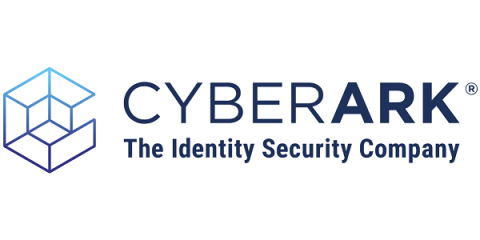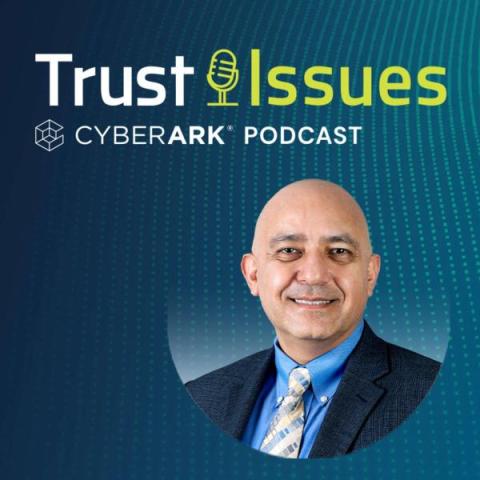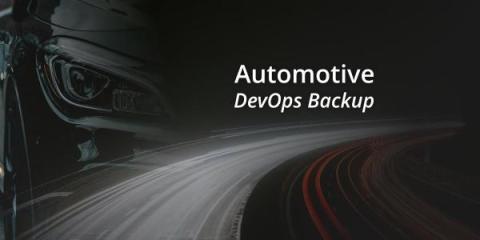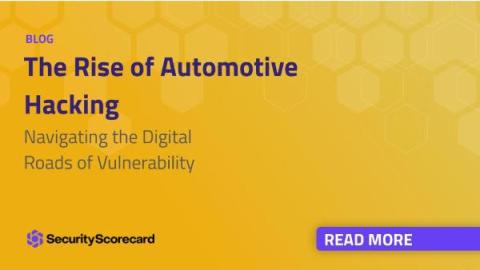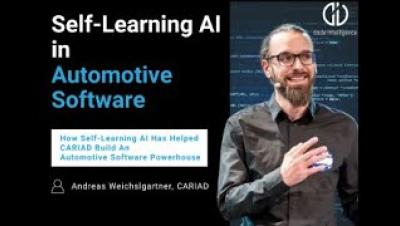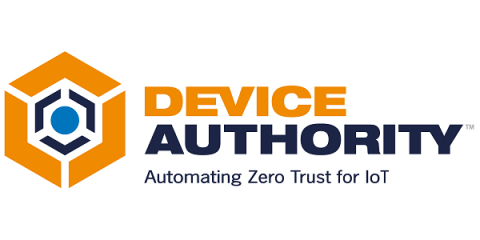Security | Threat Detection | Cyberattacks | DevSecOps | Compliance
Automotive
Revolutionizing Security: The Impact of EV Fleet Management Solutions
Russian Threat Actor FIN7 Targeting the Automotive Industry with Spear Phishing Attacks
How Secure is Automotive Digital Identity?
EP 48 - What's Driving the Future of Automotive Security
#97 - Cybersecurity threats to electric vehicles with Mike Pedrick, CISSP at Nuspire
Cybersecurity in automotive - why automotive companies should consider a DevOps backup for Jira, GitLab, GitHub, and Bitbucket
The Rise of Automotive Hacking
The automotive industry stands at the crossroads of innovation and vulnerability. As cars become increasingly connected, with advanced systems and features that rely on intricate software, the rise of automotive hacking has become a pressing concern. The convergence of traditional mechanical engineering and cutting-edge software has given rise to a new breed of threats that extend beyond physical security, delving into the digital realm of vehicle control systems.
How Self-Learning AI Has Helped CARIAD Build An Automotive Software Powerhouse
Automotive Industry stalling ahead of 2024's new vehicle safety regulations
With the United Nations Economic Commission for Europe World Forum for Harmonisation of Vehicle Regulations (UNECE WP.29) framework coming into effect in July 2024, leaders across the Automotive sector are apparently ‘swamped’ by the volume of compliance and security risks that need to be addressed to protect drivers in all types of connected or autonomous vehicles.





